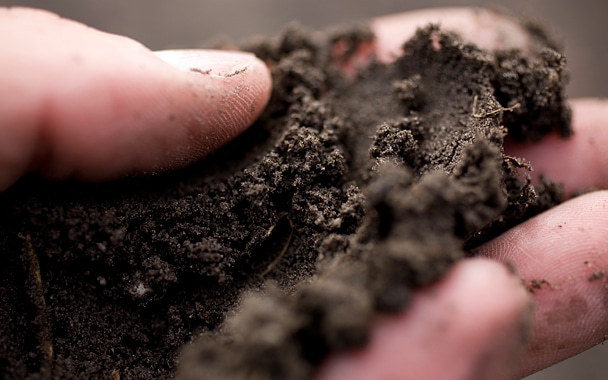The carrot or the stick?
The first cities were established in Mesopotamia around 7500 BC. Since then we have developed and refined systems and practices for the disposal of waste.
That’s almost 10,000 years of accumulated experience of throwing unwanted stuff into a bucket or pile, and a person, whose job it is to do so, takes it away.
In commercial environments this is an especially important service as disposing of unwanted material represents a cost in time and money.
Often, the most efficient way is to chuck everything into a single receptacle and move on. What then is going to motivate us to change age-old practices that may adversely impact upon efficiency and cost?
For waste producers the carrot and stick cliché supported by an education program has been proven in many jurisdictions. But how much must the carrot or stick approach be tailored to meet individual circumstances?
Triple bottom line benefits are useful when a business values its standing as a global citizen. This driver is not so easy when times are tough and the business is struggling.
Given appropriate training, however and, most importantly, an understanding of ‘the reason why’, most businesses and employees will commit to practise change.
Ultimately, recycling requires the identification of a market for recycled organic by-products. The market where this raw material may prove beneficial and where the scale is large enough to absorb the likely volumes is agriculture.
The major synthetic fertiliser companies dominate their key growth market. Since the development of synthetic NPK (nitrogen, phosphorus, potassium) fertilisers during World War II, relatively little attention has been given to the health of agricultural soils that have been worked relentlessly and fed on a sugar diet of NPK to sustain the agricultural revolution and the astonishing yields it has provided.
Indeed, healthy soils are more efficient in their utilisation of synthetic fertilisers, which can reduce farm input costs at the same time as improving yields.
Expending some funds on re-educating the agricultural community, especially through demonstration, may prove substantially more cost-effective than seeking exotic solutions such as biochar. Before the invention of NPK fertilisers and even before the first cities, farmers were making compost to keep their soils healthy.
There is a win-win solution available in the recycling of organic by-products from commercial activity. Existing technologies and proven practices are available to create the products, but change is required in the practices of producers and managers.
If political will can be generated to drive and support change, the desired outcome of diverting organics from landfill can be achieved. Perhaps the first change should be to consider what the end-user wants.
By Peter McLean (Chief Executive Officer, AORA)
-
Subscribe to NSW's biggest platform for waste, recycling and resource recovery
- SUBSCRIBE

